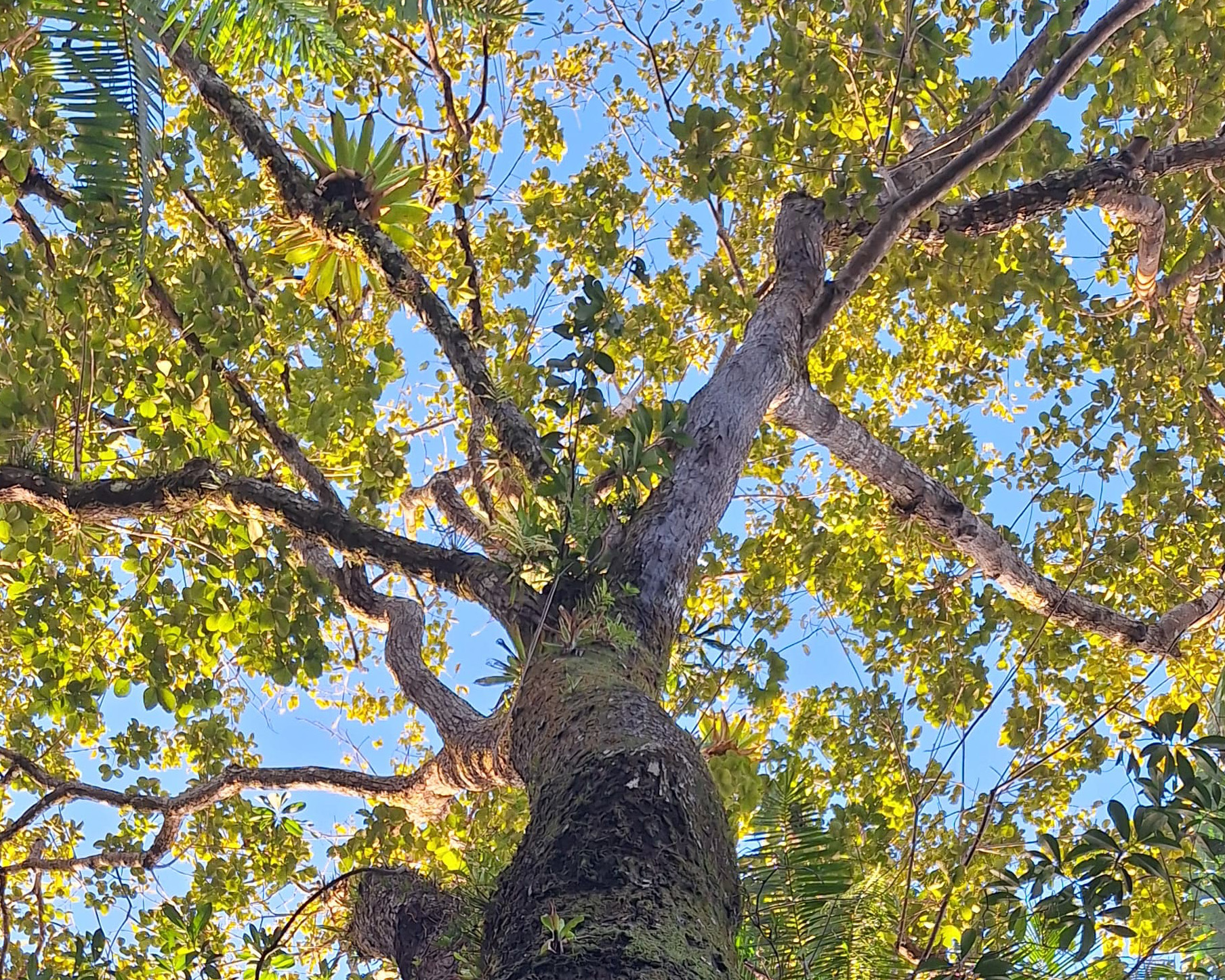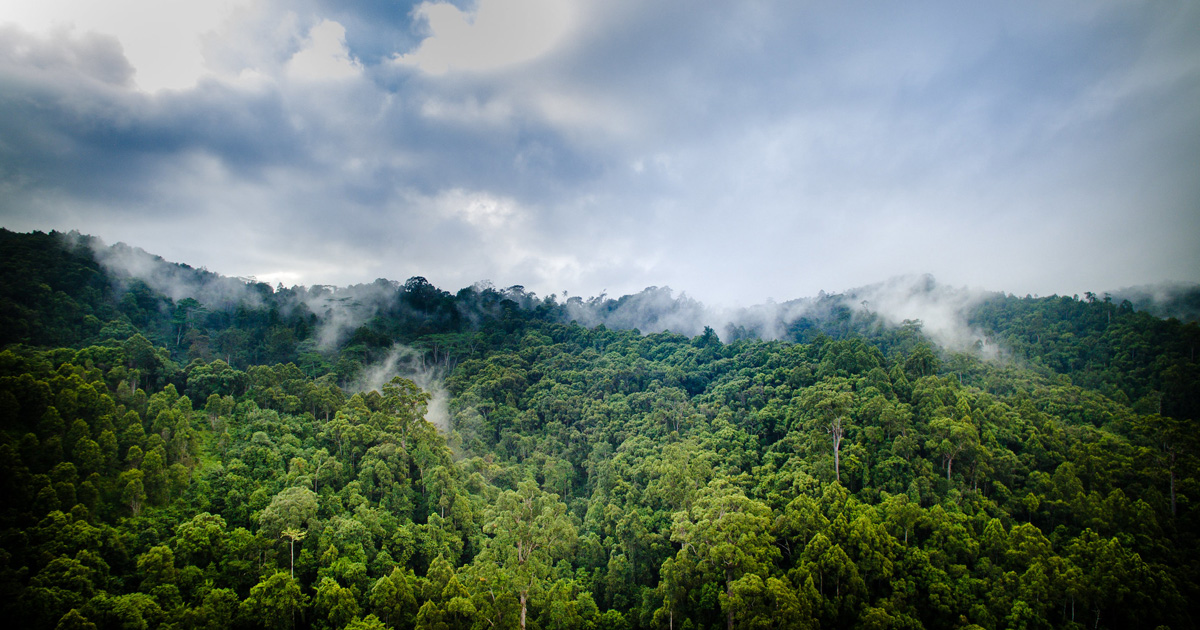Background and objectives:
CIFOR and its partners have implemented a Global Comparative Study on Reducing Emissions from Deforestation and Forest Degradation (GCS REDD+) in 22 countries between 2009 and 2020. For its Phase 4, started in 2021, GCS REDD+ is being implemented in Peru, the Democratic Republic of the Congo and Indonesia, with select activities in Brazil. The project aims to provide tools and lessons to decision makers and practitioners to design and implement effective, efficient and equitable policies and actions that reduce emissions from deforestation and degradation, improve the contribution of the forest sector to NDCs and guarantee the rights of Indigenous Peoples.
GCS REDD+ will focus on the co-production of knowledge in three main areas with barriers the formulation of effective, efficient and equitable policies that must be addressed to attract, manage and increase results-based finance. These three areas are: (i) greater transparency in forest monitoring, REDD+ activities, national policies, and global supply chains; (ii) more systematic evidence on what forest-friendly policies and actions work best, under what circumstances, and in what combinations; and (iii) a better understanding of the opportunities and barriers to transformational change related to the governance and political economy of forests in global, national and subnational policy arenas. The knowledge generated in this project will be used to co-produce a deforestation and forest degradation framework (“diagnostic framework”) and public policy scenarios with diverse actors through science and public policy platform that will be organized in each of the three study countries.
This second meeting of the Science-Policy Platform for Peru will include participants from governmental and non-governmental organizations and CIFOR-ICRAF scientists. The meeting will focus on the scenario building and modeling component of the Global Comparative Study on REDD+, led by staff from the Universidade Federal de Minas Gerais (UFMG). The purpose of modeling future scenarios of forest loss is to gain insights into the risks and opportunities related to attaining emission reduction targets and accessing carbon finance. Based on the available knowledge on climate goals and policy objectives, the scenario models will visualize in an exploratory way plausible futures of land use change and related emissions. During this session of the Science-Policy Platform, the process of scenario building will be co-produced; stakeholders will have the opportunity to provide inputs into the design of scenario narratives for the Peruvian Amazon region and validate such scenarios.
Contact person
Juan Pablo Sarmiento Barletti (j.sarmiento@cgiar.org)
Deborah Delgado (deborah.delgado@pucp.pe)


















